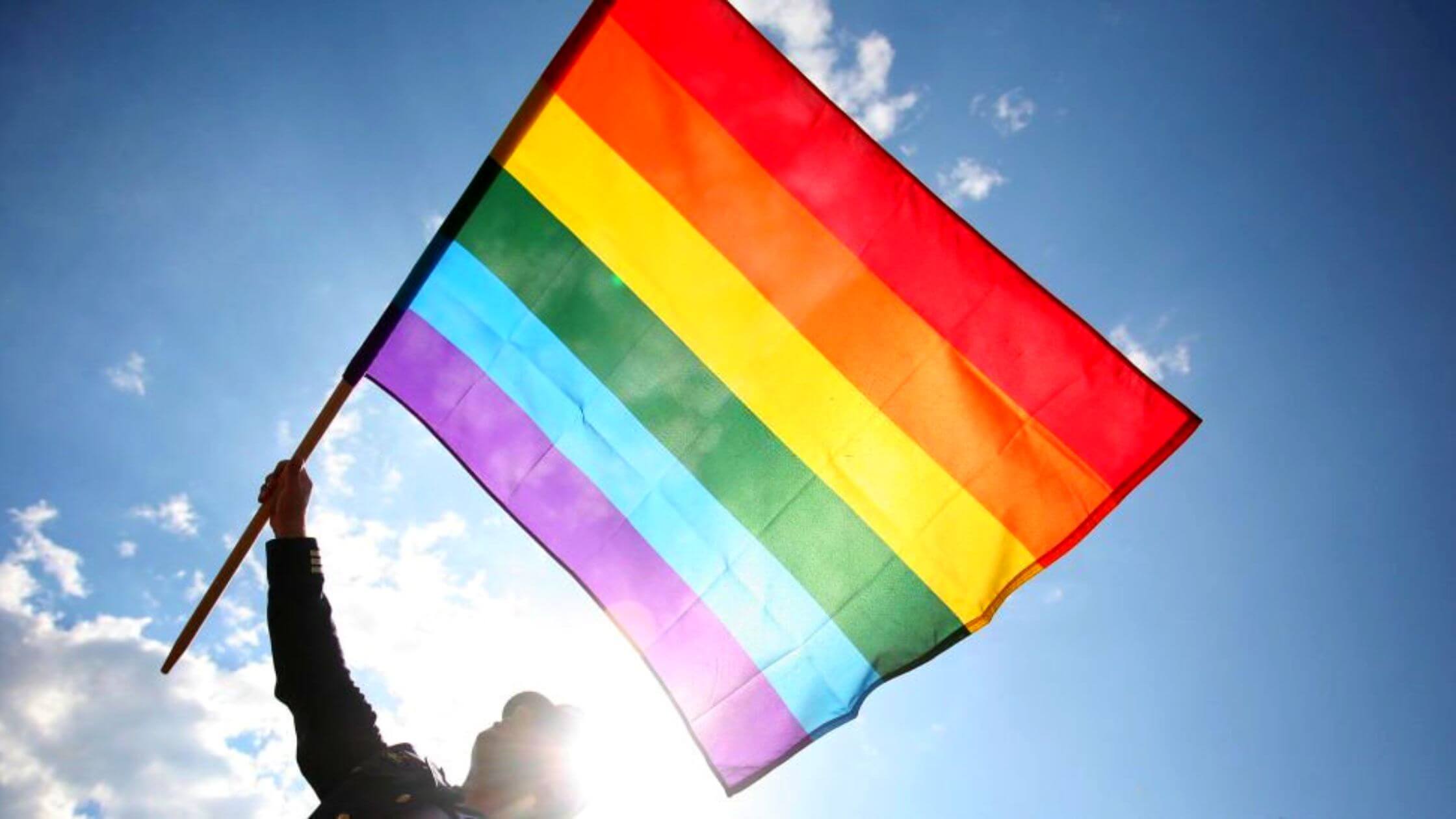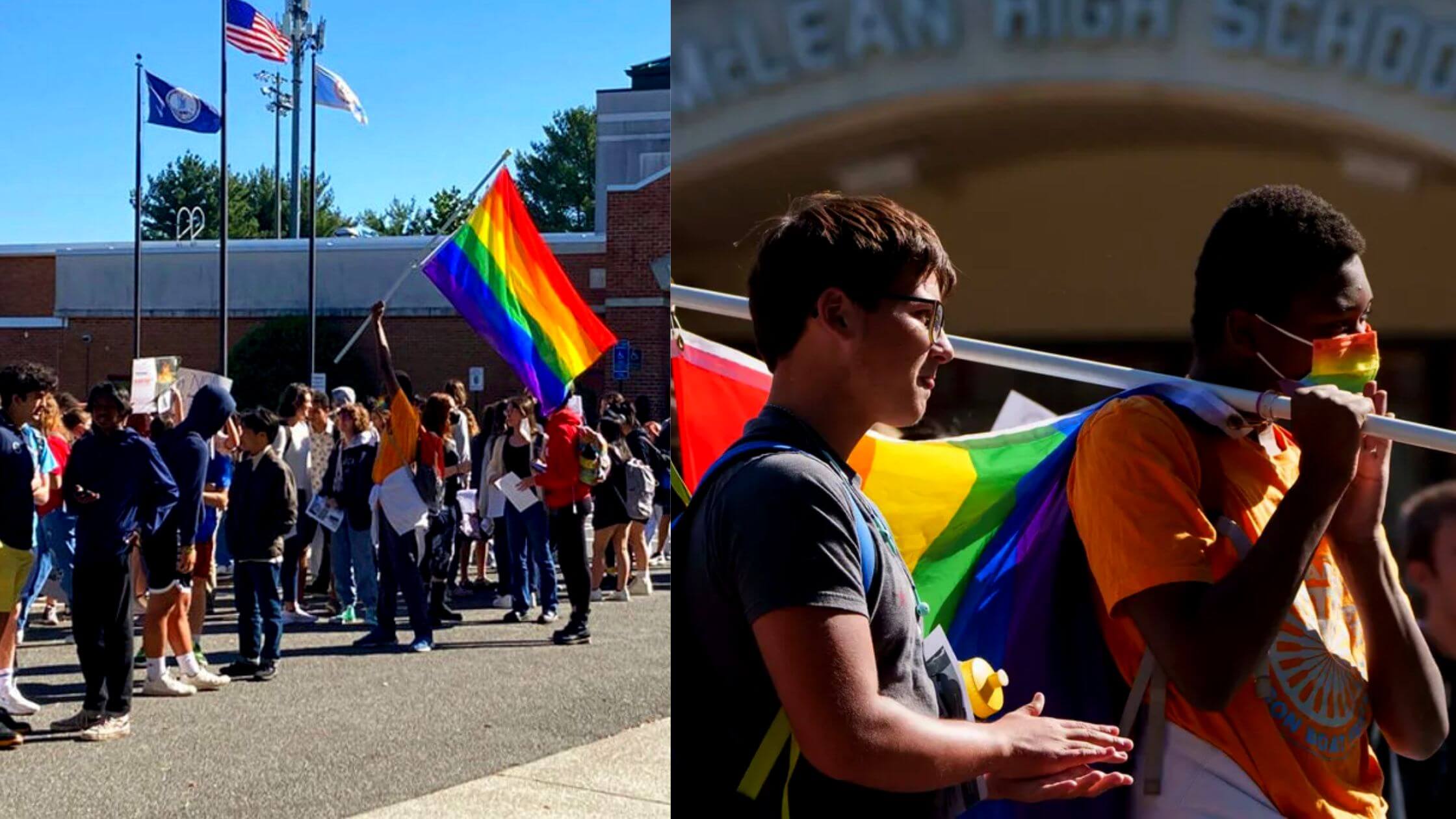News
LGBTQ Advocates Push Virginia To Revoke Trans Student Policies

In what’s perceived as a desperate move for justice, the policy proposals for transgender and nonbinary students in Virginia are being challenged by an LGBTQ advocacy group, reports claim.
The current move and advocacy come as questions and threats against the Queer community as a whole have grown after five people were killed in an LGBTQ nightclub in Colorado Springs.
LGBTQ Advocates Ask Virginia To Abolish Trans Policies
At Club Q, a renowned haven for the LGBTQ community, at least 19 additional people were hurt on Saturday night, marking another horrible outcome of gun violence.

In his first court appearance on Wednesday, the suspected shooter, 22-year-old Anderson Lee Aldrich, who may be charged with a hate crime in connection with the fatal shooting, was ordered held without bail.
Coming to the present state of affairs, Equality Virginia, which works for racial justice and queer rights, urged Gov. Glenn Youngkin and State Superintendent Jillian Balow urged in a letter to “do the right thing and revoke the proposed VDOE (Virginia Department of Education) 2022 model policy,” according to the Richmond Times-Dispatch.
The guidelines, which are referred to as “model policies,” were made public in September by Gov. Glenn Youngkin’s administration and released by the Department of Education subsequently. It instructed the 133 school districts in the state to implement policies guiding transgender pupils to educational settings and initiatives that correspond to their sex at birth.
It also states that school staff cannot refer to students by their preferred name or pronoun unless their parents request the change in writing and that students who wish to change their name or gender on official school records may only do so if their family submits legal documentation. Additionally, they mandate that students use gender-specific restrooms “except to the extent that federal law otherwise requires.”
The letter states that it is time to put an end to the false information, transphobia, and “rhetoric that fuels such violence” in the wake of this week’s tragic mass shooting in Colorado Springs. “Rescinding the policies now will help save lives”, it said because the crisis our transgender and nonbinary community is experiencing is severe and needs to be addressed “urgently”.
But while Youngkin (R) and proponents of the rules have said the instructions are about protecting parents’ rights and including them in gender-related matters, opponents have consistently claimed the measures are unlawful and would put LGBTQ youngsters in perilous situations.
Mixed Responses Obstruct The Revocation
Virginians, school districts, and organizations have responded to the model policies in a variety of ways during the past month. More than 71,000 people have commented on the proposal online, though it is unclear how many of them are Virginia residents or come from other states, according to Pyle.
Despite the projected consequences, some of the residents expressed their happiness and emphasized that Youngkin was right to implement the new policy because it included parents in the conversation.
As school leaders across the state assimilated a 180-degree change in policy on gender identity, three northern Virginia school districts formed a group of dissenters and vowed to oppose the directive of the Youngkin administration that would sharply reduce the rights of transgender students.
>Related: Students In California Fight Against The Erasure Of Black And LGBTQ Community!
Early in September, Youngkin (R) was seen ordering all 133 of the state’s school districts to adopt new “model policies” following a comment period.
But since then, the directive was delayed by the Education dept and Youngkin is likely to confront more sharp criticisms from the liberal areas.
The Virginia Human Rights Act, which prohibits discrimination on the basis of gender identity in public settings, including schools, is already being discussed as a potential legal challenge to the order, since the introduction of the controversial guidelines.
